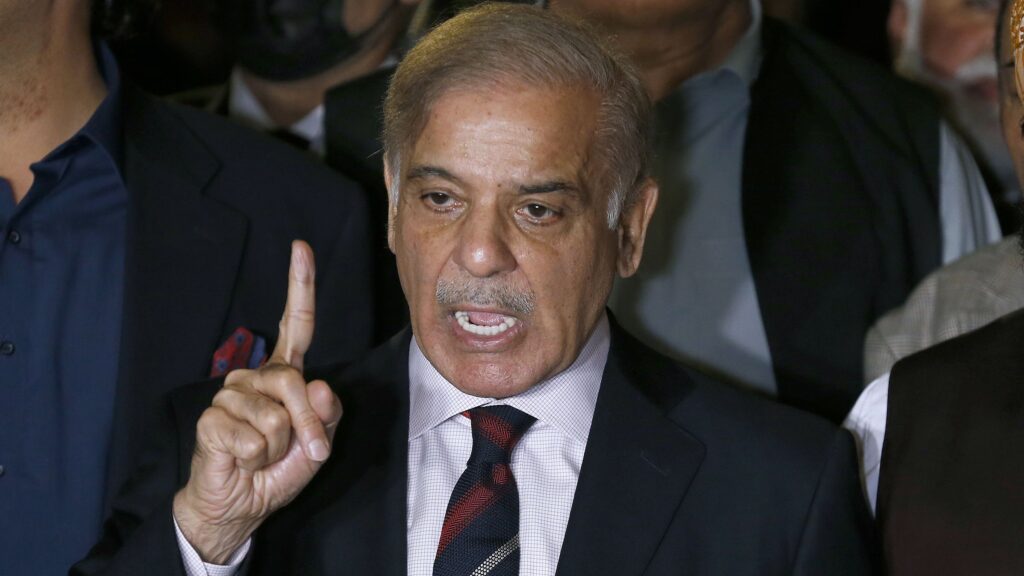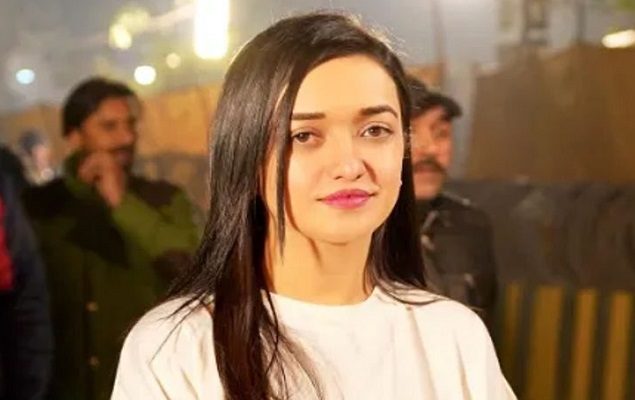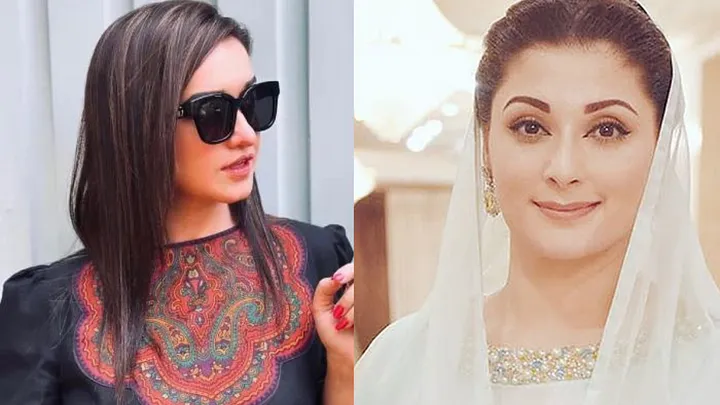Introduction of Shehbaz Sharif
Mian Muhammad Shehbaz Sharif, a seasoned politician and a prominent figure in Pakistan’s political landscape, has been elected as the 24th Prime Minister of Pakistan. This marks his second term in the esteemed office, having previously served from April 2022 until August 2023.
Early Life and Entry into Politics
Born in 1950, Shehbaz Sharif initially worked in the family’s industrial business before making his foray into politics in 1988. He is the younger brother of Nawaz Sharif, a three-time former Prime Minister of Pakistan.
Political Career of Shehbaz Sharif
Shehbaz Sharif’s political career spans over four decades, marked by his dynamic and exuberant leadership. He served as the Chief Minister of Punjab, Pakistan’s most populous province, prior to Imran Khan’s tenure as Prime Minister in 2018. His tenure as Chief Minister is often lauded for his efficiency, hard work, and significant infrastructure improvements.
In his first term as Prime Minister, from April 2022 until August 2023, Sharif led a strikingly similar alliance to the one that has brought him back to power. His first term was cut short when the parliament was dissolved ahead of the elections, and a caretaker government took over.
Second Term as Prime Minister
Sharif’s return to the Prime Minister’s office comes after an election riddled with allegations of rigging and irregularities¹². His party, the Pakistan Muslim League Nawaz (PML-N), formed a new eight-party coalition after no single party managed to win an outright majority in the election.
In the newly elected national assembly, Sharif won against Omer Ayub, the candidate of Pakistan Tehreek-e-Insaf (PTI), the party of the former Prime Minister Imran Khan. His selection as Prime Minister came after weeks of wrangling and political horse trading, following the contentious February election.
Policies and Achievements of Shehbaz Sharif
Sharif is known for his administrative acumen and has a reputation for being diligent and hardworking. During his tenure as Chief Minister of Punjab, he effectively controlled the dengue outbreak in the province. His Metro Bus projects in Punjab are frequently touted as his biggest achievements.
In his previous term as Prime Minister, Sharif played a crucial role in securing a last-gasp International Monetary Fund (IMF) bailout for Pakistan. In his second term, he has announced a series of populist measures, including a new minimum wage of 25,000 rupees. He has also expressed plans to stimulate business activities by abolishing draconian and obsolete laws and regulations.
Controversies
Sharif’s political journey has not been without controversy. His party and PTI-affiliated candidates have alleged rampant rigging during the election. They claim that dozens of seats they won were stolen and given to PML-N and other parties. These allegations have led to protests and calls for “mandate theft”.
Conclusion
Sharif’s second term as Prime Minister comes at a time of significant challenges for Pakistan, including a struggling economy and a surge in militant attacks. However, with his extensive political experience and administrative skills, Sharif is poised to navigate these challenges and lead Pakistan towards stability and progress.



